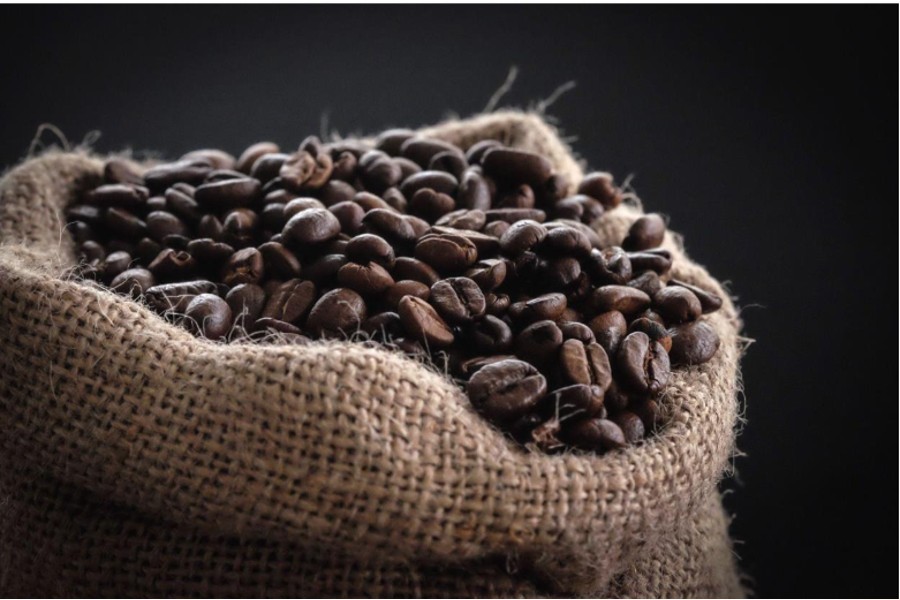
A new study from the Environmental Working Group (EWG) has looked into the chemical chlormequat – a pesticide that’s found in popular cereals and oats, like Cheerios and Quaker.
Chlormequat is a highly toxic plant pesticide that’s used to help increase crop growth. However, recent studies have highlighted the health risks that exposure to this chemical poses.
The team found that four out of five people tested had traces of the chemical in their systems. This could be a cause for concern because chlormequat has been linked to developmental and reproductive issues in animal studies, leading experts to believe similar is true in humans.
Consumer exposure is growing
For the study, the researchers analyzed urine samples from 96 people between 2017 and 2023. They tested the samples specifically for traces of chlormequat.
The results showed that four out of five people tested had traces of chlormequat in their urine samples. The researchers explained that because the pesticide leaves the body within 24 hours, the study participants had to be experiencing regular exposure to the chemical.
The study also showed that exposure to chlormequat increased as the study went on. In 2017, 69% of the participants had traces of the pesticide in their urine samples. From 2018-2022, 74% of participants were showing signs of chlormequat exposure.
Then, in the final year of the study, 90% of participants had signs of the chemical in their urine.
“… 90% of participants had signs of the chemical in their urine.”
The researchers explained that recent changes to regulations from the Environmental Protection Agency (EPA) may explain the increase in chlormequat exposure.
“Chlormequat was not allowed on oats sold in the U.S. before 2018 when the Trump EPA gave first-time approval for some amount of the chemical on imported oats,” the EWG explained. “The same administration in 2020 increased the allowable level.
“In April 2023, in response to a 2019 application submitted by chlormequat manufacturer Taminco, the Biden EPA proposed allowing the first-ever use of chlormequat on barley, oat, triticale, and wheat grown in the U.S.”
Health risks
The EWG explained that chlormequat is typically found in oat-based products. Based on the organization’s 2023 studies, 92% of non-organic oat-based products contained traces of the pesticide – including Cheerios and Quaker Oats.
Some studies conducted on animals have found that the pesticide poses a danger to key bodily processes. While research on humans is ongoing, animal studies have shown reduced fertility, fetal development concerns, reproductive issues, and more.
The EWG encourages consumers to opt for organic oat-based products when possible, as these don’t contain any pesticides.
- Celebrate The Holidays At NYC’s Most Exciting Holiday Markets Uptown And Around Town!
- New York Cares Teams Up With Sports Leagues For 36th Annual Coat Drive!
- McQuillan’s World: Anguish Under Astral Moon And Angel Wing
- Senator Cordell Cleare Clean Slate Panel And NYCHA Housing Symposium
- Berlin’s Mayor Tours West Harlem’s Life Science Hub, Led by Taystee’s Vision!
Become a Harlem Insider!
By submitting this form, you are consenting to receive marketing emails from: . You can revoke your consent to receive emails at any time by using the SafeUnsubscribe® link, found at the bottom of every email. Emails are serviced by Constant Contact








